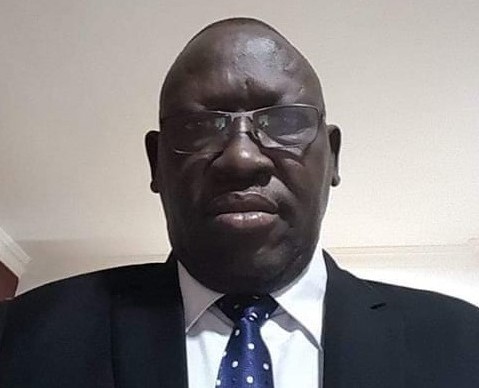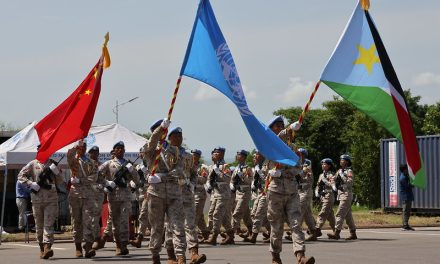
Corrupt cartels holding bank reforms in South Sudan-Central Bank

By Staff Writer
South Sudan’s quest for economic reforms and accountability is being held back by corrupt cabal of elites, according to the governor of the central bank.
The Governor of the Bank of South Sudan, Moses Makur Deng on Thursday in a rare disclosure, bemoaned the resistance of financial reforms under the 2018 revitalized peace agreement being overseen by the Bank of South Sudan.
“Some powerful people want the black market rate and official rate, they want to get dollars in official rate and sell in the black market,” revealed Makur to journalists in Juba, the capital of South Sudan.
These necessary reforms are essential to revive the economy that is struggling amid hyperinflation since outbreak of conflict in December 2013.
“These (corrupt) groups are likely not to be happy with the current reforms because they used to benefit from the old system than this one, this one is more transparent and its very good for the economy,” said Makur.
He disclosed that the International Monetary Fund (IMF) and the World Bank have been supporting South Sudan on improving macro-economic stability.
“They were impressed by the reforms that we have done, we were praised for the first time that we have done something good, and only we need to sustain what we have achieved,” added Makur.
“We told them that reforms are not unanimous agenda, some people are working against the reforms,” he disclosed.
Agak Achuil Lual, the Minister of Finance and Planning, acknowledged holding recently positive discussions with IMF and World Bank officials in Washington D.C.
He noted holding discussions on the ongoing Public Financial Management (PFM) reforms which include successful implementation of the Rapid Credit Facility, harmonization of the exchange rate and payment of the salary arears.
“I highlight the importance of continued support from IMF to sustain the gains made so far in PFM reforms to enable the government to manage inflationary pressures, and ensure availability and affordability of essential commodities and services,” said Achuil.
He assured that they are committed to continue implementing the PFM reforms to ensure that the resources of the country are used efficiently for the benefit of all South Sudanese.
“I would like to inform you that our mission to Washington D.C was successful. We clearly presented the case for continued support for South Sudan. Both the World Bank and IMF have committed to continue supporting the people and the government of South Sudan,” said Achuil.




































